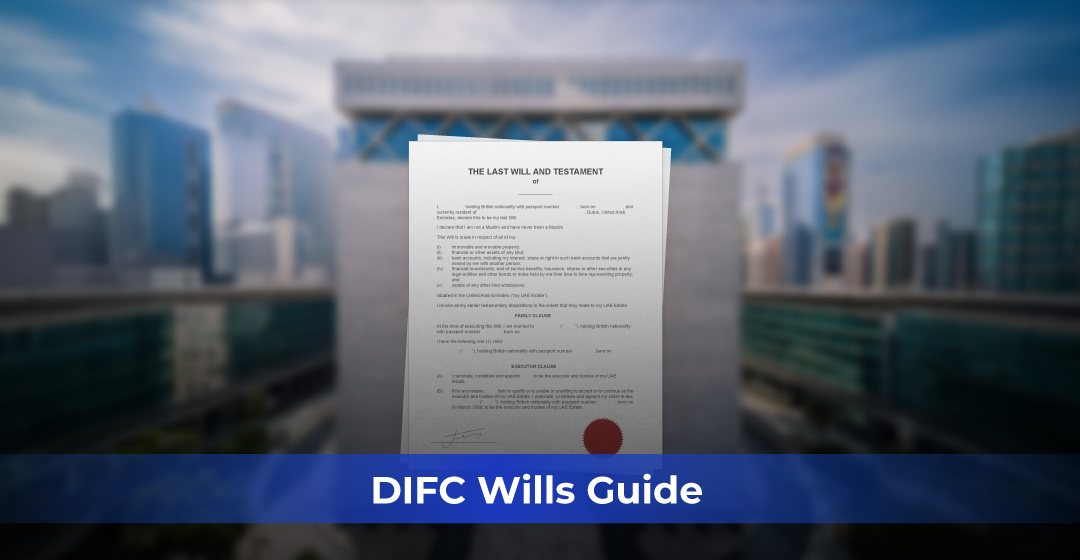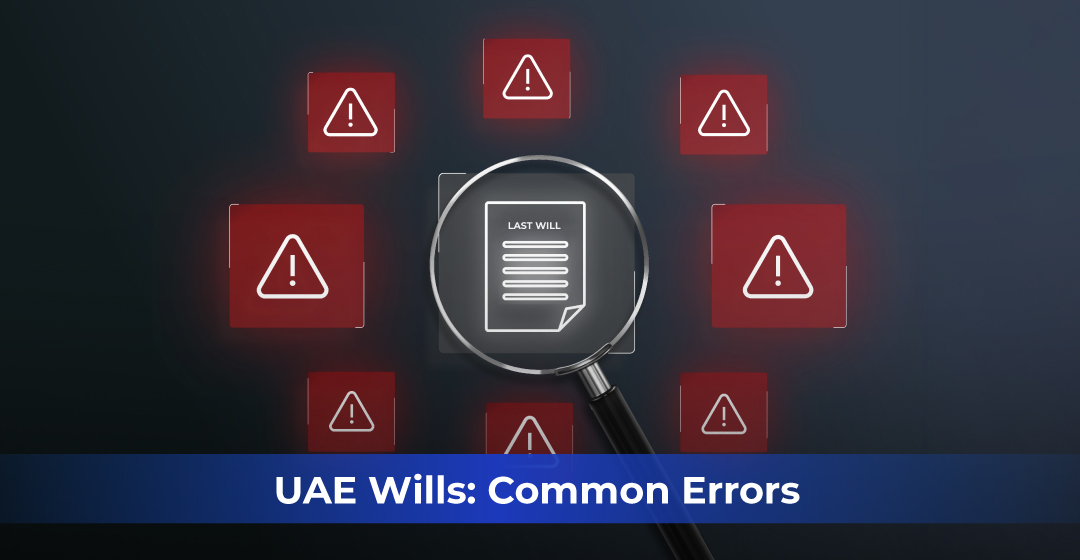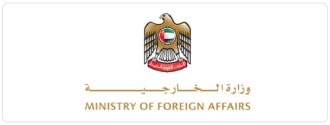The DIFC Wills and Probate Registry provides a legally recognized framework for non-Muslims to define how their assets are distributed. Unlike standard UAE inheritance rules governed by Sharia law, a DIFC Will follows common law principles, giving expatriates clarity, control, and peace of mind.
Tailored Estate Planning for Expatriates
For expatriates in Dubai, managing assets without a clear legal framework can be complex. DIFC Wills, governed by common law principles, provide a reliable solution. They allow non-Muslims to clearly define how their assets—whether properties, bank accounts, or investments should be managed and distributed. Beyond financial matters, you can also appoint guardians for minor children, ensuring their future is secured according to your wishes.
The DIFC Wills system offers several distinct advantages:
- Legal certainty: Wills are recognized and enforceable under DIFC law.
- Clear asset distribution: Provides a clear pathway and direction for asset distribution.
- Control and protection: Safeguards your loved ones according to your exact wishes.
- International familiarity: English-language documentation and common law principles make it straightforward for expatriates.
These benefits make DIFC Wills an essential part of comprehensive estate planning for anyone with assets.
Step-by-Step Process to Register a DIFC Will
1. Draft Your Will Carefully
The first step is to create a Will that clearly lists all your assets and specifies exactly how you want them distributed. Precision is essential; vague wording or missing details can lead to confusion or legal delays. The best way to proceed is to draft your Will with a DIFC-registered legal firm that will ensure that your Will is accurate, enforceable, and fully compliant with DIFC regulations.
2. Upload your Will Online
If you are working with a reputed DIFC-registered legal firm, they will guide you through the process of uploading your Will on an online portal, so you can submit your Will for DIFC approval
3. Schedule and Attend Your Appointment
Once your draft is ready, schedule an appointment at the DIFC Wills Service Centre. During this appointment, you will formally execute the Will in the presence of a DIFC officer and two independent witnesses. This official signing transforms your intentions into a legally binding document recognized by the registry.
4. Submit Supporting Documents
Along with executing the Will, you must provide all necessary supporting documents. Ensuring that all documents are complete and accurate helps avoid administrative delays and ensures smooth registration.
5. Complete Registration and Pay Fees
After submission, the registry formally records your Will. Applicable registration fees must be paid once the submission is complete. Once registration is complete, your Will becomes legally enforceable, providing protection and certainty for your assets and beneficiaries.
6. Review and Update Your Will as Needed
Even after registration, it’s important to review your Will periodically. Life events such as marriage, divorce, or acquiring new assets may require updates to ensure your estate plan reflects your current circumstances. Regular reviews help maintain accuracy and enforceability, keeping your estate plan fully aligned with your intentions.
Conclusion
A DIFC Will provides clarity, control, and peace of mind, ensuring your wishes are honored and your family’s future is protected. With professional guidance, every detail, from asset coverage to legal requirements, is handled accurately and efficiently. Whether you choose to register your Will in person or take advantage of the convenience of the online process for registering your Will in Dubai, UAE, the steps are seamless and straightforward.
At MakemyWill, we support expatriates throughout every stage, making sure your DIFC Will is fully prepared, compliant, and ready for official registration, giving you confidence that your estate plan is secure.













